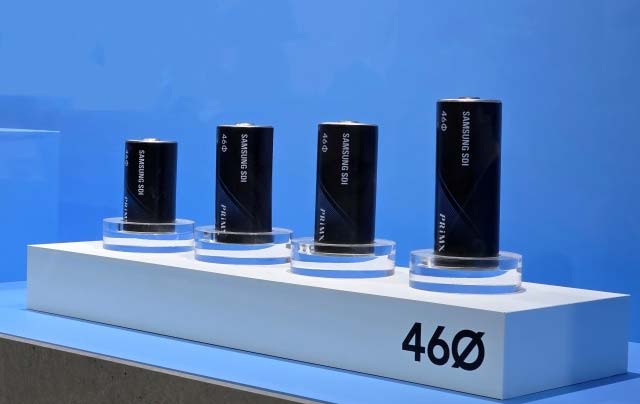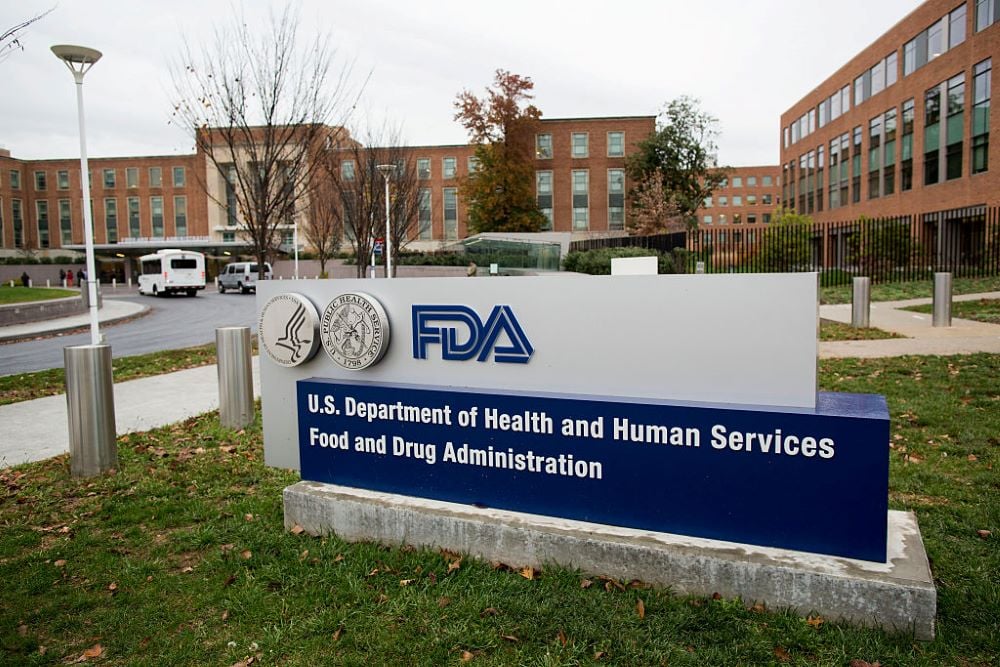New UK legislation puts fashion’s green claims under scrutiny
Greenwashing Credits: FashionUnited via Dall-E. As of April 6th, the UK’s Competition and Markets Authority (CMA) has been granted significantly enhanced enforcement powers under the Digital Markets, Competition and Consumers (DMCC) Act. This sweeping legislation represents a crucial shift in consumer protection, equipping the CMA with the ability to impose direct and severe penalties on businesses found to be in breach of consumer law—including those guilty of misleading environmental claims, or ‘greenwashing.’ The implications for the fashion industry are considerable. With sustainability credentials increasingly driving consumer purchasing decisions, fashion brands have invested heavily in marketing themselves as environmentally responsible. However, the DMCC Act introduces a new era of accountability, ensuring that such claims are not only compelling but also substantiated. Under the Act, companies that mislead consumers—whether through vague terminology, deceptive imagery, or omission of critical information—risk fines of up to 10 percent of their global annual turnover. Regulatory landscape evolves The DMCC Act builds upon the UK’s existing Green Claims Code, which has already led to major investigations and interventions. In recent years, the CMA has forced high-profile retailers such as ASOS, Boohoo, and Asda to amend or clarify their sustainability claims. This latest legislative move grants the regulator greater autonomy to act swiftly against misleading practices, without requiring court approval. While the Act does not explicitly target ‘greenwashing,’ it tightens the noose around any commercial behaviour that misleads consumers into making purchasing decisions they might not otherwise have made. Given that nearly 60 percent of sustainability-related claims in fashion have been found to be misleading or unsubstantiated, according to a 2021 report by Changing Markets Foundation, the industry is now on high alert. A pivotal moment for fashion The fashion industry is particularly vulnerable to scrutiny, given its heavy reliance on synthetic fibres, resource-intensive production, and high levels of waste. Over the past decade, there has been a sharp rise in brands marketing products as ‘sustainable’ or ‘eco-friendly,’ yet environmental impact data shows that the industry’s carbon emissions, plastic use, and landfill contributions continue to rise. The Changing Markets Foundation, which has actively exposed greenwashing in the sector, highlights brands such as Boohoo—a company that reported a global turnover of 1.46 billion pounds in 2024. Should it fall foul of the new regulations, it could face penalties of up to 146 million pounds. This level of financial risk underscores the need for fashion brands to ensure their claims are rigorously evidence-based. Consumer trust at stake Beyond regulatory compliance, the stakes are high in terms of public perception. A YouGov survey revealed that over half of UK consumers consider a brand’s environmental credentials before making a purchase. Companies found guilty of misleading practices risk not only financial penalties but also lasting reputational damage. For fashion businesses, the clock is ticking. Those who fail to align their sustainability messaging with verifiable action may find themselves at the centre of high-profile enforcement cases. On the other hand, brands that genuinely integrate sustainable practices and communicate transparently have the opportunity to stand out in an increasingly discerning marketplace.

As of April 6th, the UK’s Competition and Markets Authority (CMA) has been granted significantly enhanced enforcement powers under the Digital Markets, Competition and Consumers (DMCC) Act. This sweeping legislation represents a crucial shift in consumer protection, equipping the CMA with the ability to impose direct and severe penalties on businesses found to be in breach of consumer law—including those guilty of misleading environmental claims, or ‘greenwashing.’
The implications for the fashion industry are considerable. With sustainability credentials increasingly driving consumer purchasing decisions, fashion brands have invested heavily in marketing themselves as environmentally responsible. However, the DMCC Act introduces a new era of accountability, ensuring that such claims are not only compelling but also substantiated. Under the Act, companies that mislead consumers—whether through vague terminology, deceptive imagery, or omission of critical information—risk fines of up to 10 percent of their global annual turnover.
Regulatory landscape evolves
The DMCC Act builds upon the UK’s existing Green Claims Code, which has already led to major investigations and interventions. In recent years, the CMA has forced high-profile retailers such as ASOS, Boohoo, and Asda to amend or clarify their sustainability claims. This latest legislative move grants the regulator greater autonomy to act swiftly against misleading practices, without requiring court approval.
While the Act does not explicitly target ‘greenwashing,’ it tightens the noose around any commercial behaviour that misleads consumers into making purchasing decisions they might not otherwise have made. Given that nearly 60 percent of sustainability-related claims in fashion have been found to be misleading or unsubstantiated, according to a 2021 report by Changing Markets Foundation, the industry is now on high alert.
A pivotal moment for fashion
The fashion industry is particularly vulnerable to scrutiny, given its heavy reliance on synthetic fibres, resource-intensive production, and high levels of waste. Over the past decade, there has been a sharp rise in brands marketing products as ‘sustainable’ or ‘eco-friendly,’ yet environmental impact data shows that the industry’s carbon emissions, plastic use, and landfill contributions continue to rise.
The Changing Markets Foundation, which has actively exposed greenwashing in the sector, highlights brands such as Boohoo—a company that reported a global turnover of 1.46 billion pounds in 2024. Should it fall foul of the new regulations, it could face penalties of up to 146 million pounds. This level of financial risk underscores the need for fashion brands to ensure their claims are rigorously evidence-based.
Consumer trust at stake
Beyond regulatory compliance, the stakes are high in terms of public perception. A YouGov survey revealed that over half of UK consumers consider a brand’s environmental credentials before making a purchase. Companies found guilty of misleading practices risk not only financial penalties but also lasting reputational damage.
For fashion businesses, the clock is ticking. Those who fail to align their sustainability messaging with verifiable action may find themselves at the centre of high-profile enforcement cases. On the other hand, brands that genuinely integrate sustainable practices and communicate transparently have the opportunity to stand out in an increasingly discerning marketplace.
















































































































































































